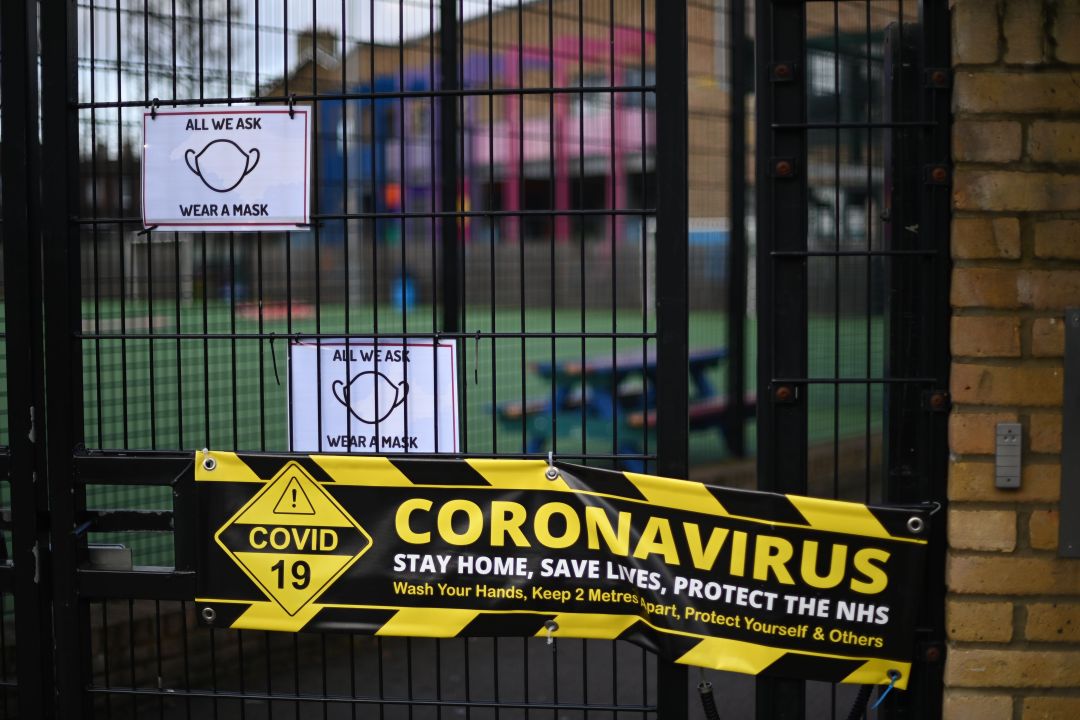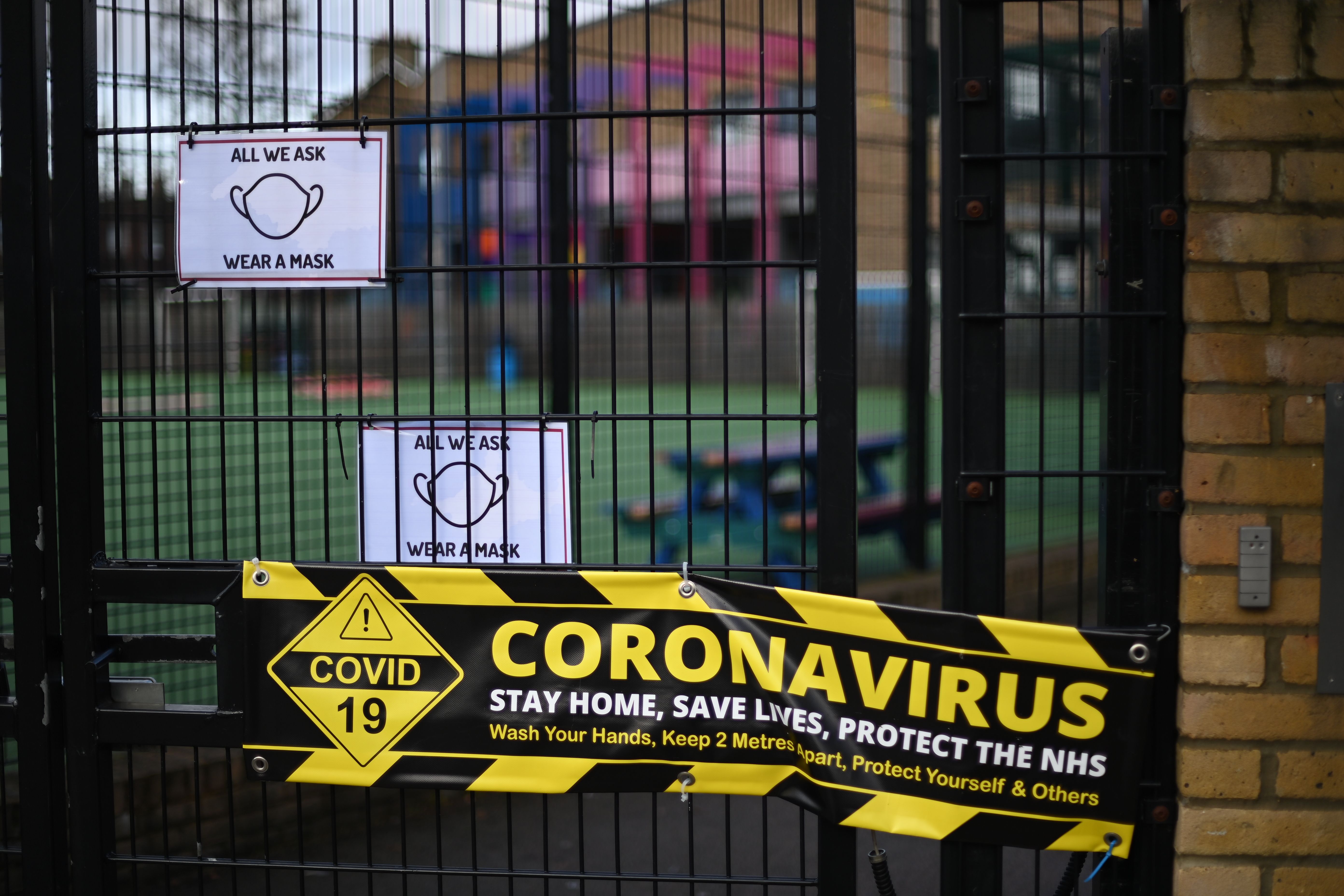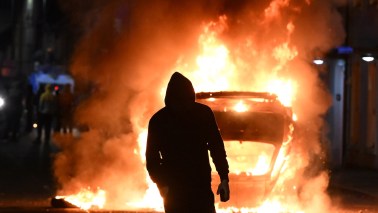During the battle against Covid-19, the government’s priority has been to ensure that schools remain open. Their rationale has been that closing schools would threaten children’s life chances. Covid’s risk to children, ministers argued, is relatively low while the cost of stunted learning is severe.
But the new variant has changed that calculation. Prior to this mutation, children accounted for only a small percentage of Covid-19 infections and therefore keeping schools open was a reasonably safe course of action. Now case rates are rapidly increasing to previously unseen heights, leaving the NHS creaking at its seams. There is preliminary evidence suggesting that the new variant is more transmissible among the younger population — infection rates in schools now mirror rates in the community. What is hopefully the final stage of our fight against the virus has just become far harder. The calculation has changed — the government now needs to shut the schools.
The calculation has changed — the government now needs to shut the schools
Moving classrooms online with decent digital teaching is not the appalling attack on life chances that some might think. In reality, the evidence of harm from remote learning is equivocal — it depends on whether children are learning at home. Clearly some students will find it harder to learn, normally those already facing problems like cramped homes or poor technology. But given the government has been willing to set aside hundreds of billions of pounds for mass testing, there should be money available to mitigate the worst effects of school closures. We have to remember that our virus response is a game of trade-offs. The cost of closing schools for the next month or two is surely lower than the costs of an out of control pandemic.
A blanket school closure will be difficult for many, not least for parents who have already suffered so much during this pandemic. It will impact on their work and put further strain on their mental health. However, there are also a number of clear benefits.
First, given the early evidence, it should slow the spread of the virus. Even if children aren’t getting sick, they may still prove to be sources of transmission. The more contact between people, the more the virus spreads. If children are at an increased risk of catching this new variant, then they’re more likely to spread it. Cases increase, intensive care units fill up and, eventually, our health system collapses. That scenario must be stopped.
Second, shutting schools is likely to reduce teachers’ anxieties. The importance of this single benefit should not be overlooked; there is overwhelming evidence that staff morale and wellbeing is critical for schoolchildren’s overall long-term educational success. It will also prevent student anxiety, many of whom will be aware of the dangers associated with the new variant. Imagine the guilt they will likely feel if they spread the virus to their family. No child should have to bear that sense of responsibility. A temporary closure could, however, enable children to continue adjusting to online learning and communication; two skills which will have strong currency in a digital future.
Finally, a blanket delay will allow all schools to better and more carefully prepare for this new variant. This could include improving classroom ventilation, purchasing more digital equipment for children, and plans for a blended rota system where smaller groups of children attend class on different days while others attend online. This may sound like a pointless exercise given the vaccines should end this crisis. But the risk of a new, vaccine-resistant variant is not small. Sir John Bell, professor of medicine at Oxford, has suggested that the vaccine may not work on the new South African variant. If a vaccine-resistant mutation emerges, we risk losing everything. Imagine such a scenario, six months down the line: we will look back and question why we hadn’t prepared ourselves for such a catastrophe.
There is nothing more important than the wellbeing of children. This is exactly why it is so crucial we do not take any unnecessary risks in the protection of their safety. Under normal circumstances, schools, with their face-to-face classroom teaching, are the engines of social prosperity. But as we wait for science to uncover the true impact of the new variant on our children — and as we wait for the vaccine to truly put a stop to this crisis — we should not take any chances. The calculation has now shifted, and we must shift with it.






